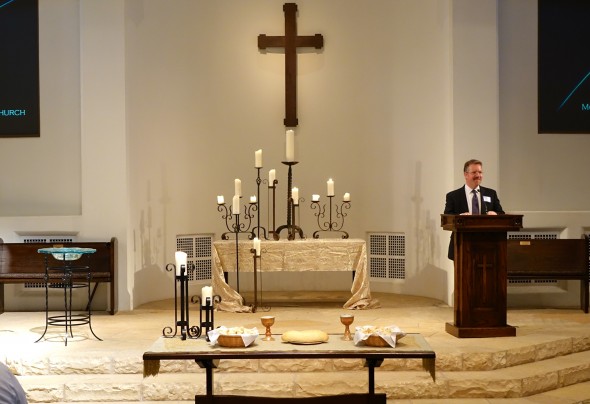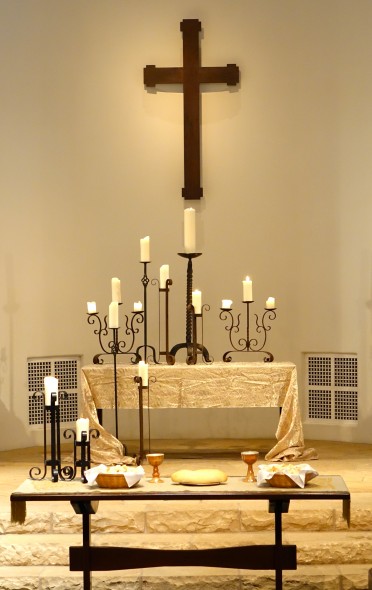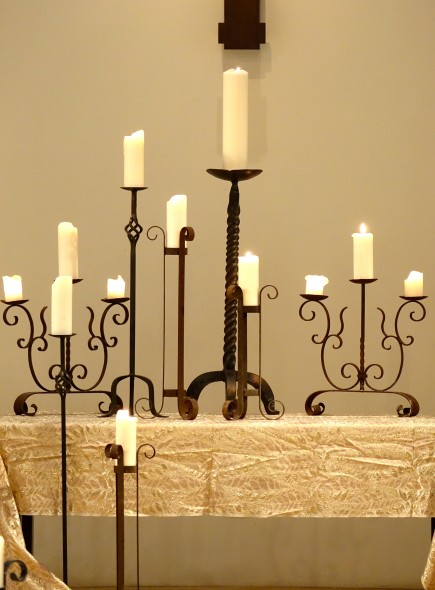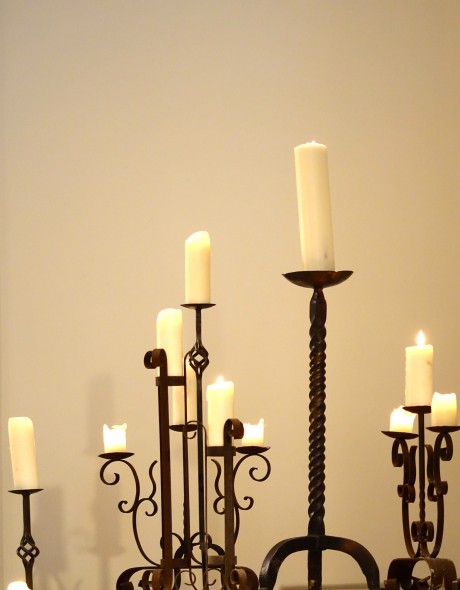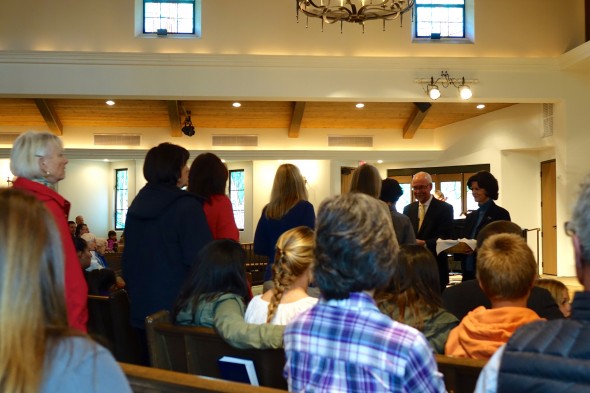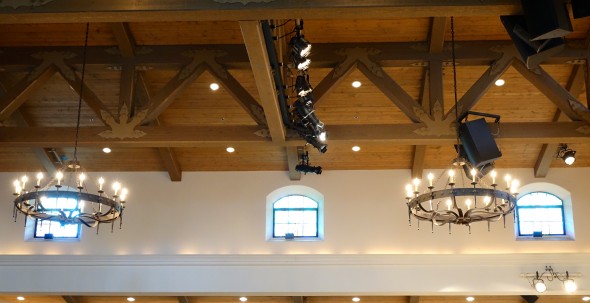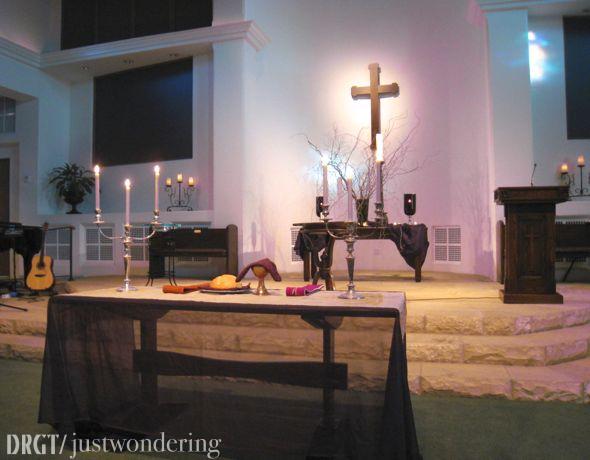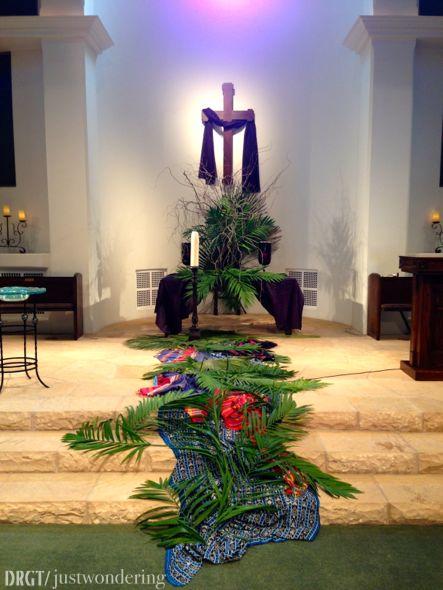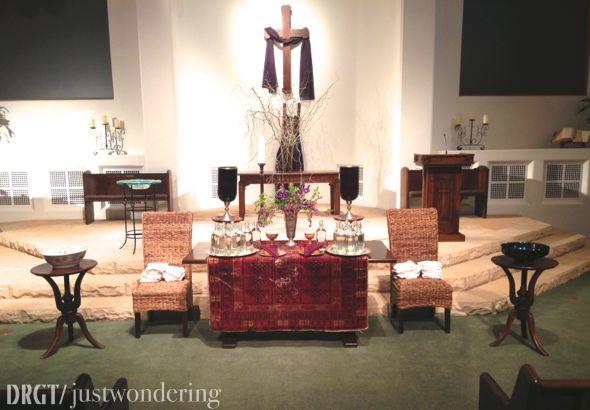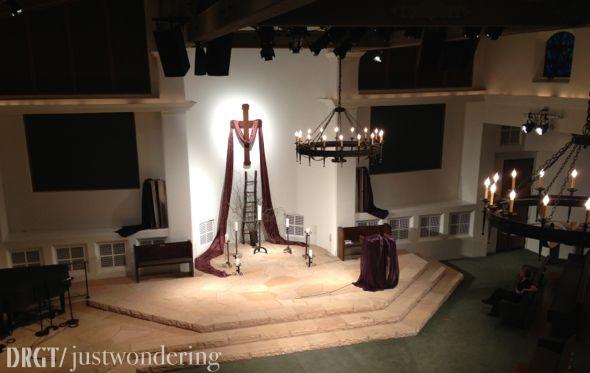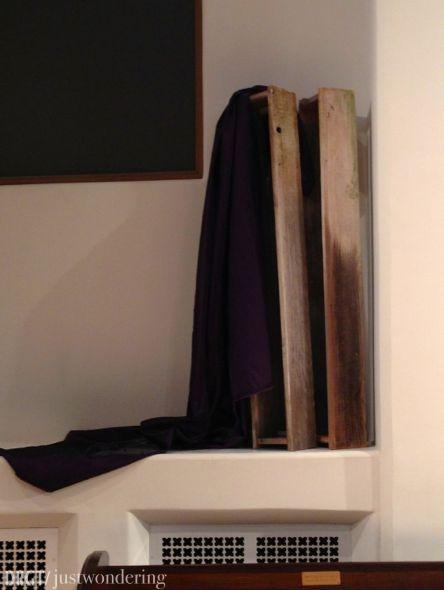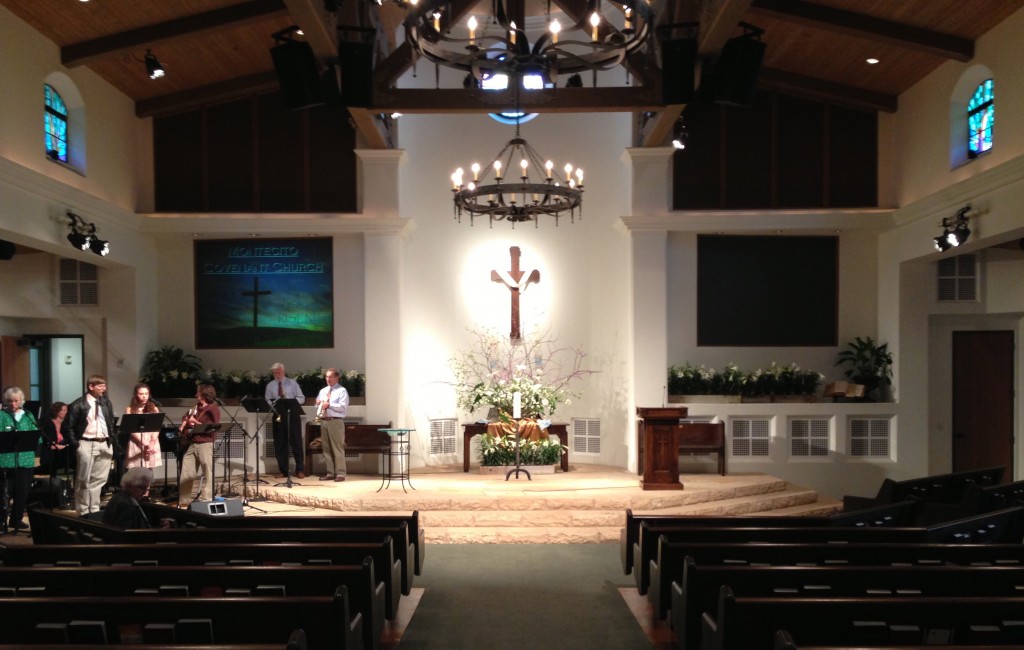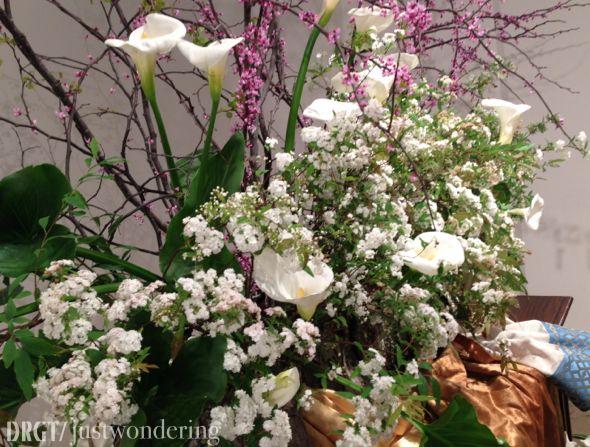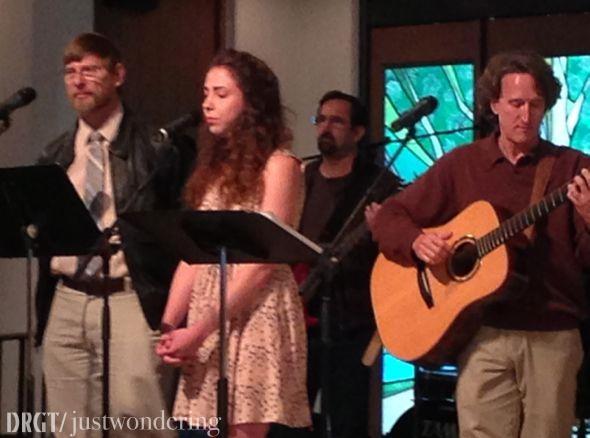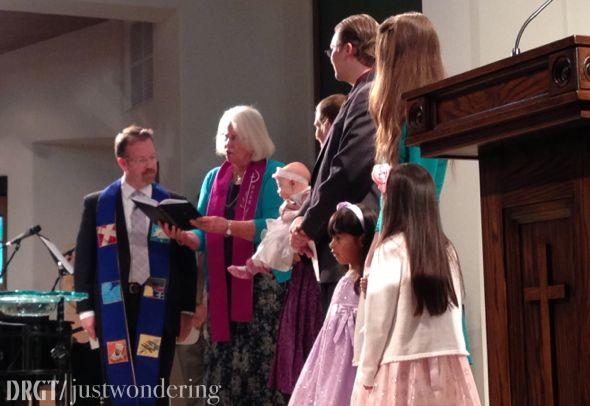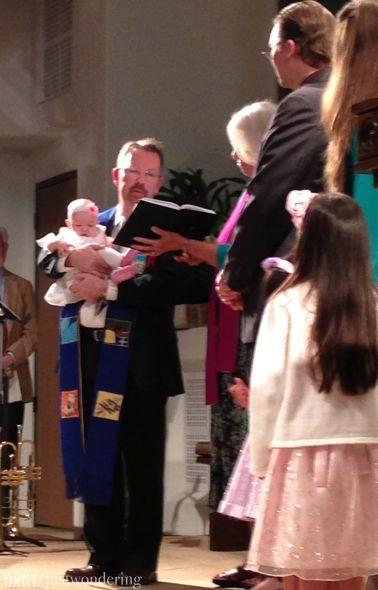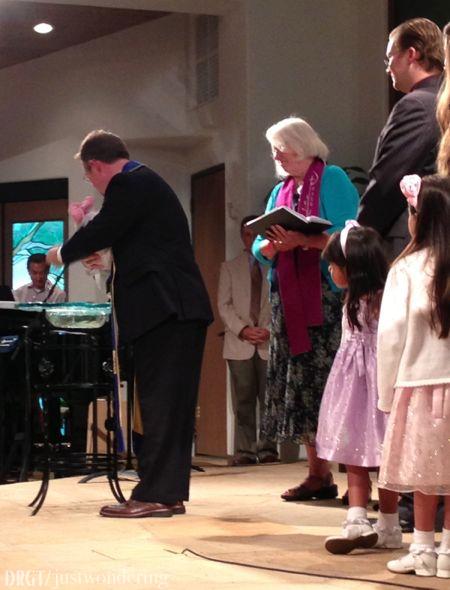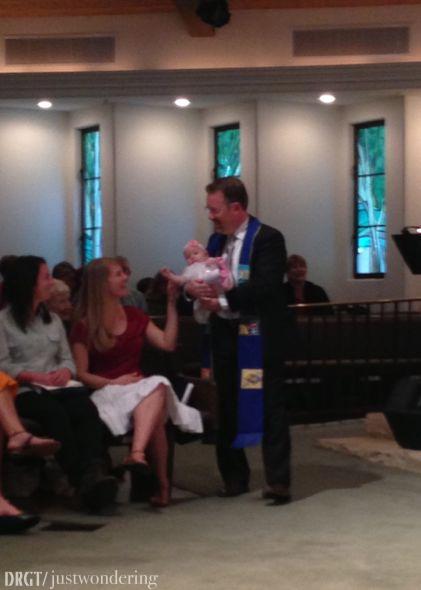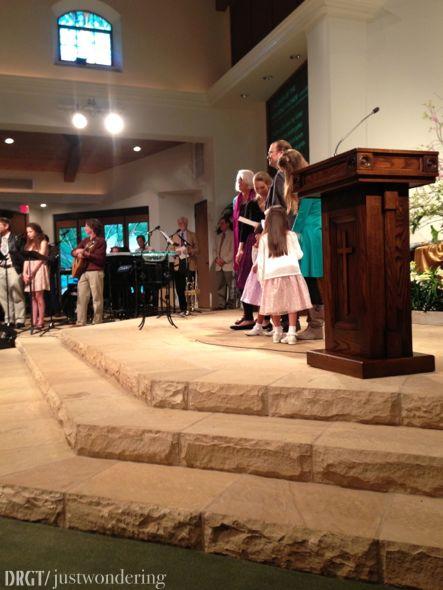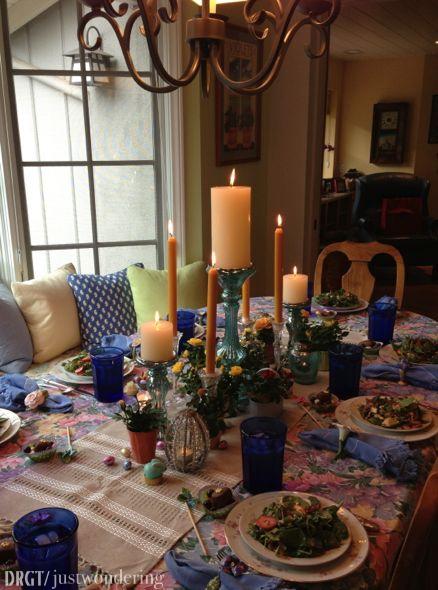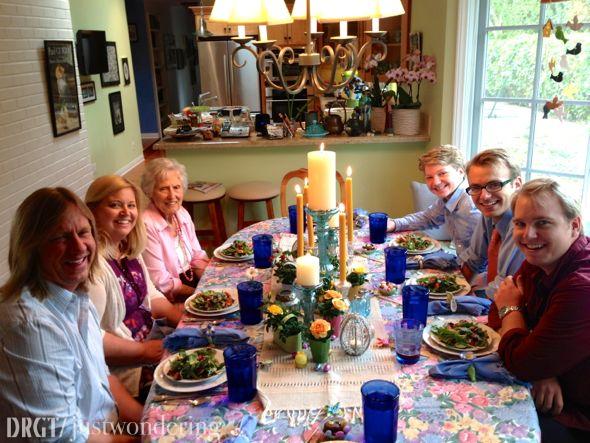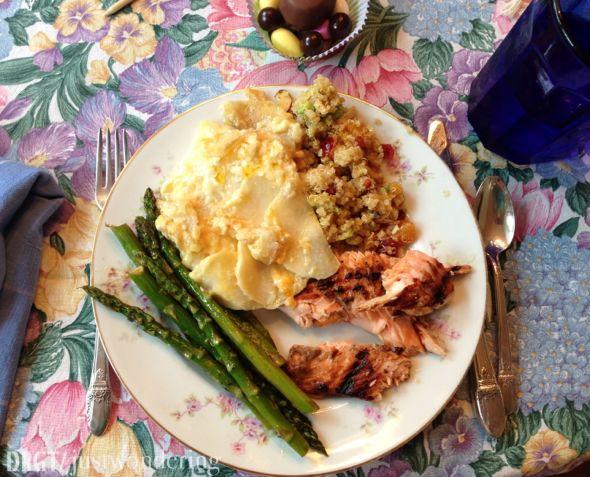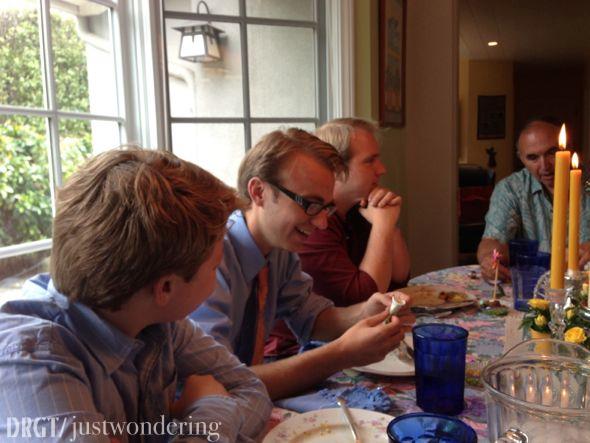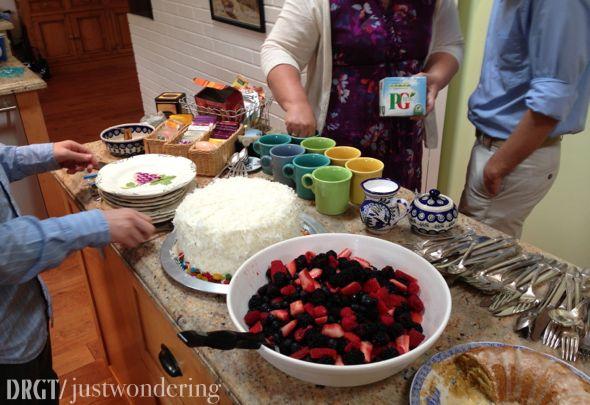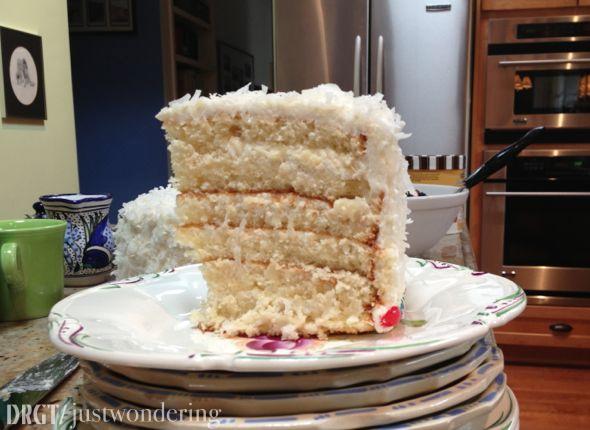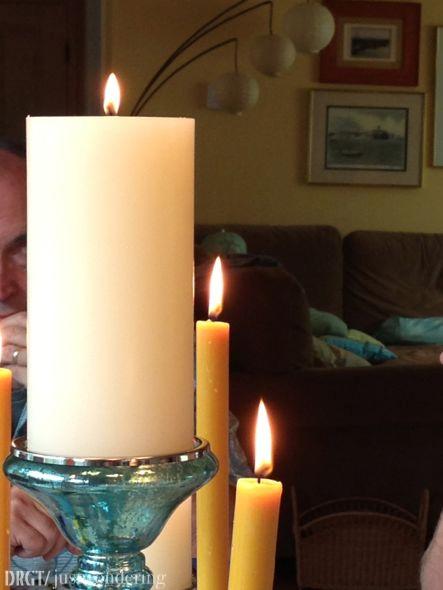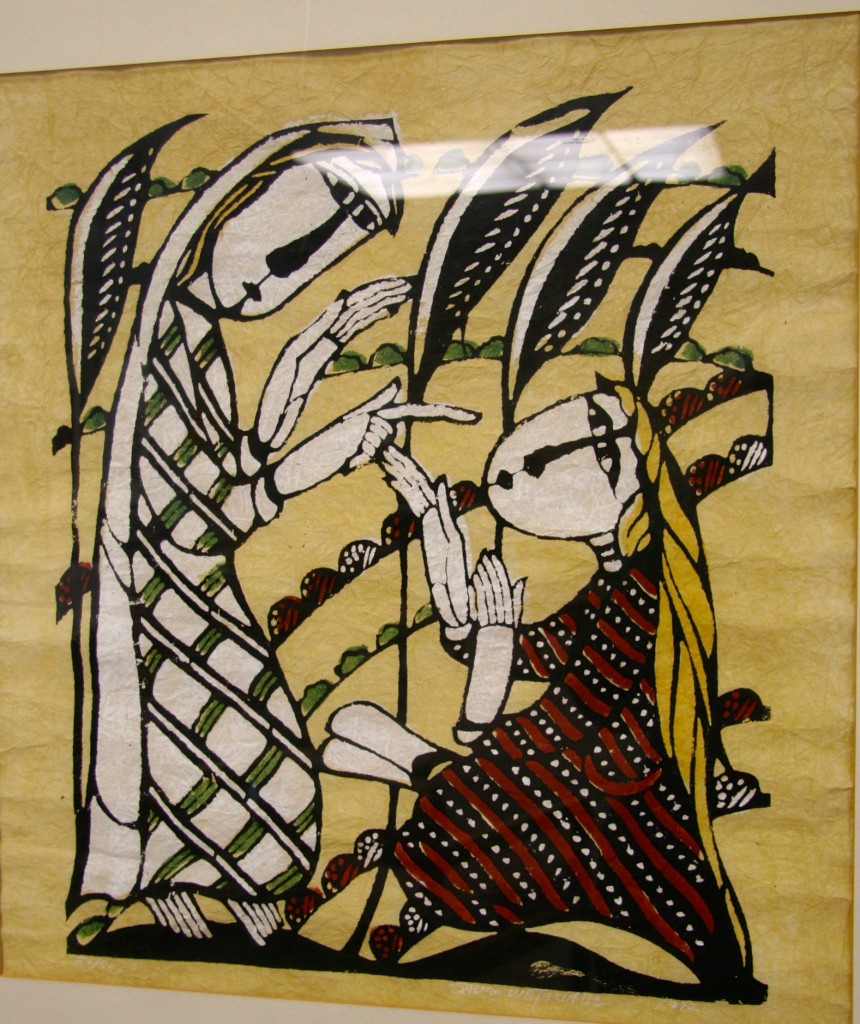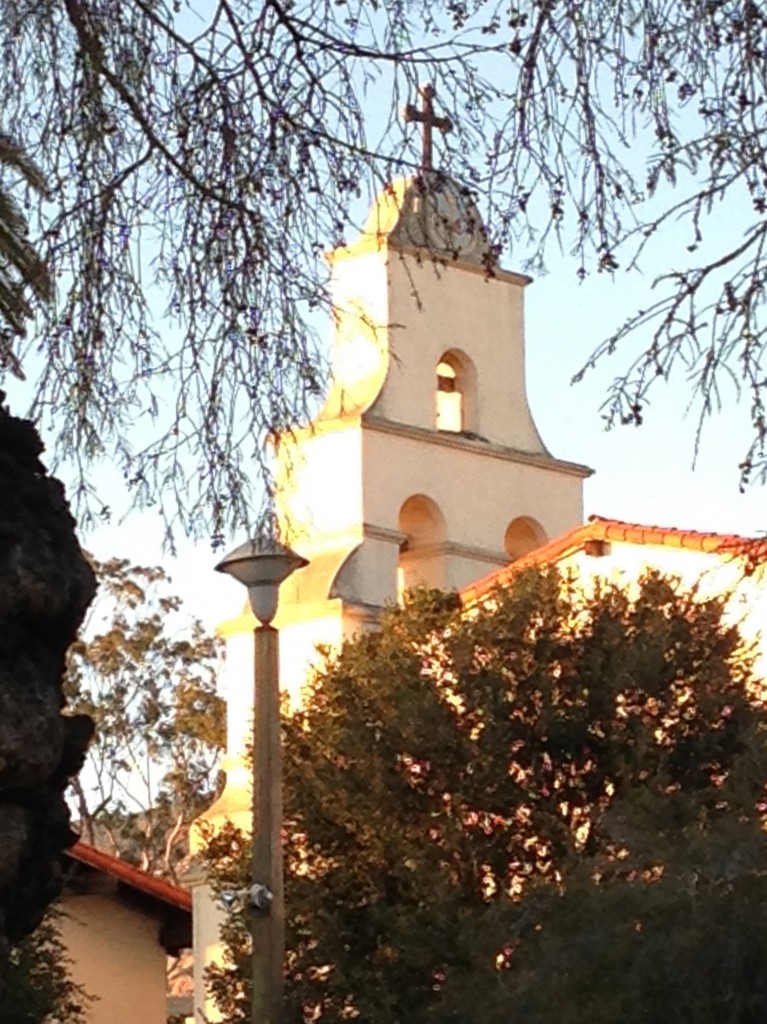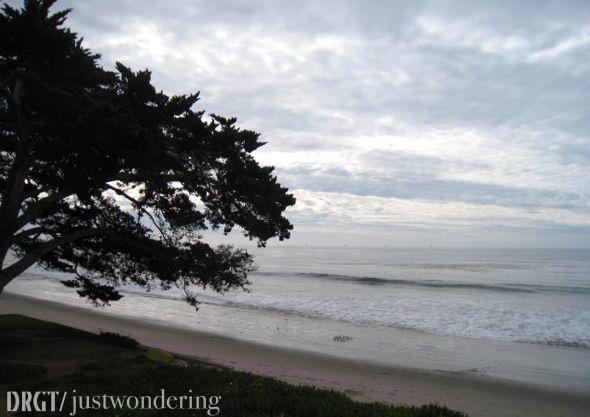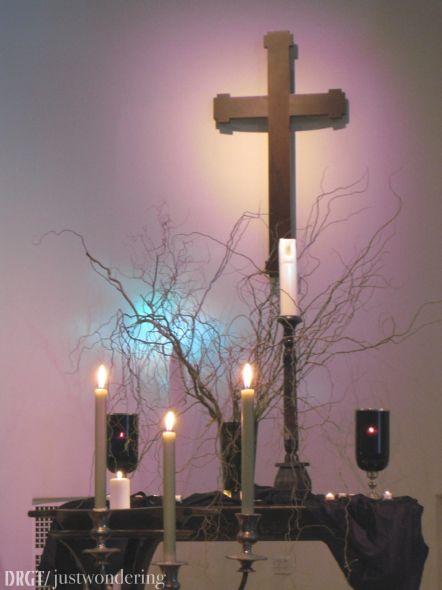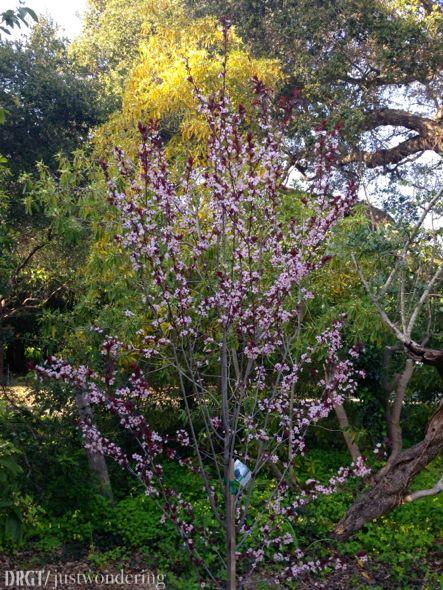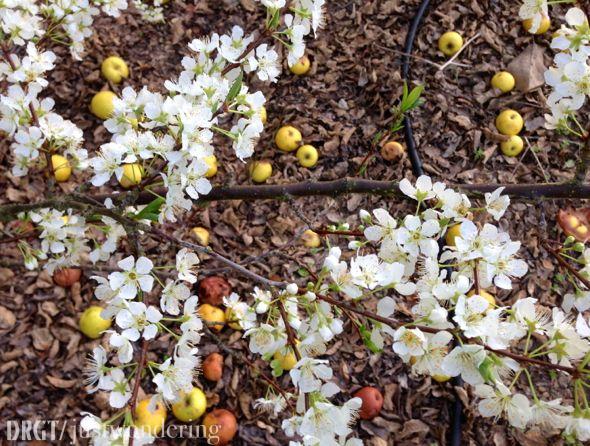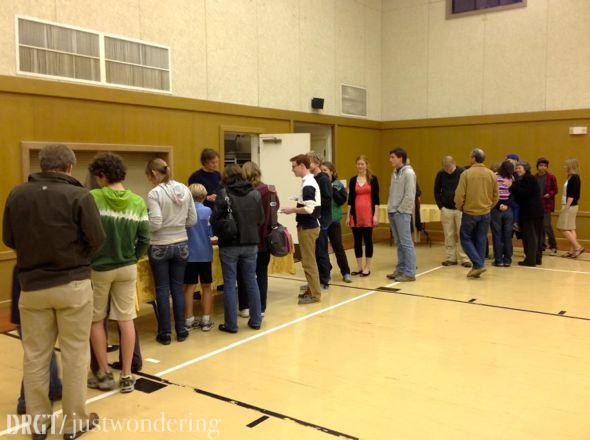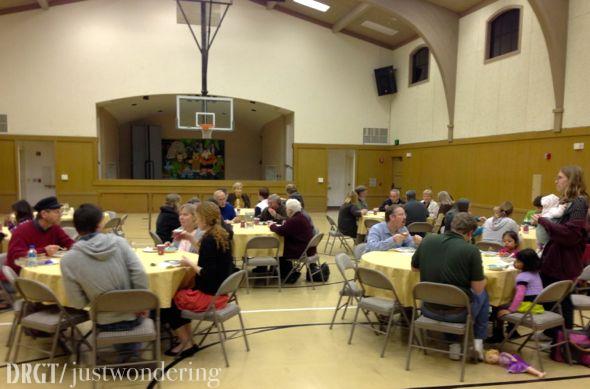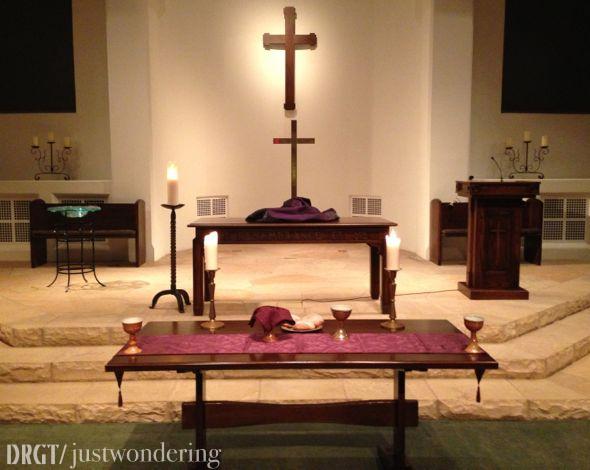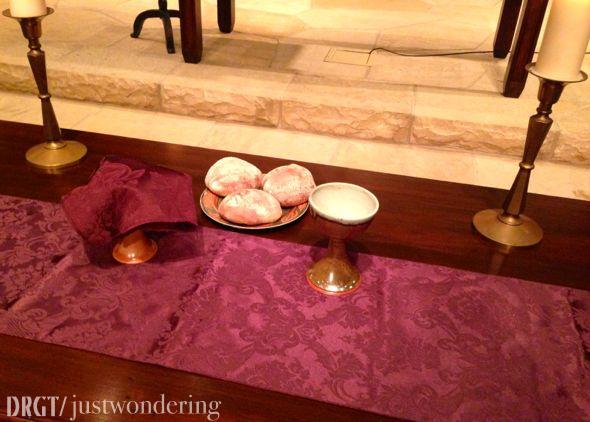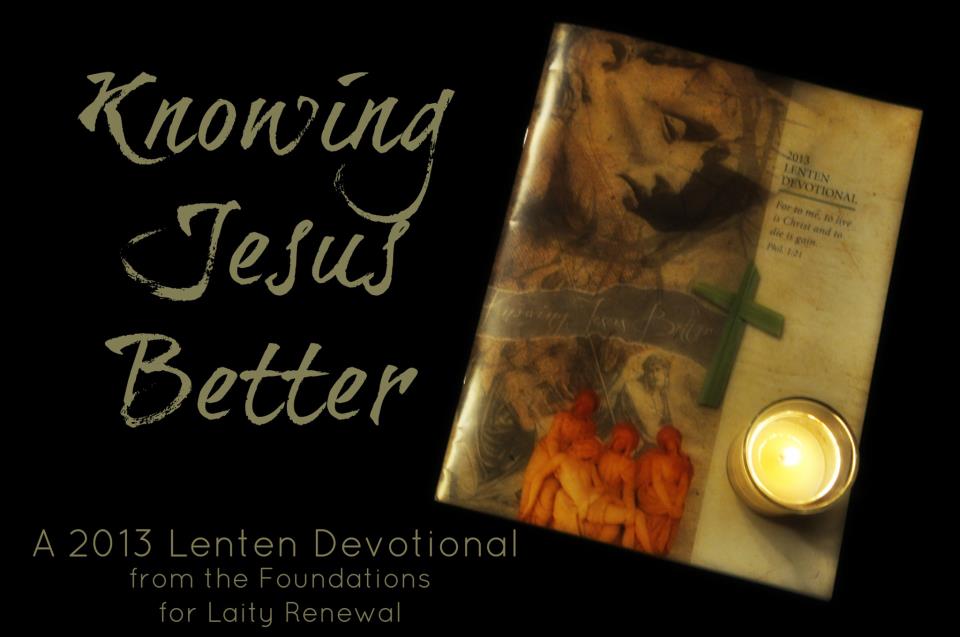Ash Wednesday.
It’s exceptionally late this year, and still, I am not quite ready for it.
The first Wednesday after Transfiguration Sunday, every year. From light to dark, from triumph to seeming defeat, from intimations of divinity to the deepest confirmation of humanity — that’s how the church year flows.
We enjoyed communion together on Transfiguration Sunday and a lovely reflection on Light, with a capital “L.” I loved the candles everywhere, and a couple of old hymns mixed in with the more contemporary music of the day.
I have written many times about the power of the sacraments in my own journey, the bread, the cup, the font. These simple, tangible things speak so loudly to me, reminding me of the heart of our story — God come low, encased in flesh, suffering as we all do, finding glory in the small things. (Remember those lilies of the field?)
The candles everywhere this last Sunday were another tactile reminder of spiritual truth: we are called to shine, to reflect the Light that is ours because of Jesus, to be lamps on the hill, steadily showing the way home.
These days, however, my lamp is flickering at best, on its way to extinguishing at worst. And right here, right here, in the midst of the low light — this is Lent for me in 2014. I find myself sidelined, unable to do the things I am used to doing. So I am looking for quiet activities, challenges, practices. So, I will be reading through the New Testament with Margaret Feinberg and Shelly Miller. And I will try to be gentle with myself and with those I love, as Elizabeth Esther has invited us to do.
And through all of that, I am trying to pursue my word for this year, this difficult year, with it’s difficult word — obedient.
I am also working through several books, written by friends I’ve met online. “Found,” by Micha Boyett, “Spiritual Misfit,” by Michelle DeRusha, “Unfollowers,” by Ed Cyzewski (and Derek Cooper), and “Love Idol,” by Jennifer Dukes Lee, to name four.
And it’s that last one that has me over a Lenten barrel this year. Jen is asking us to name our ‘love idols,’ those things that get in the way of fully entering into the identity that is ours because of Jesus. Our hunger for approval, our insatiable need to perform so we’ll be loved, our try-harder, there’s-not-enough-to-go-round roller coaster-riding attempts to earn accolades/acceptance/inclusion/identity.
And I gotta say, I’m not likin’ this exercise very much. Not much at all.
All my life I have worked hard. I have mastered certain skills, learned to smile through the pain, proven myself competent and capable, convinced that I need to do it all myself because I am strong! I am sturdy! I am BIG!
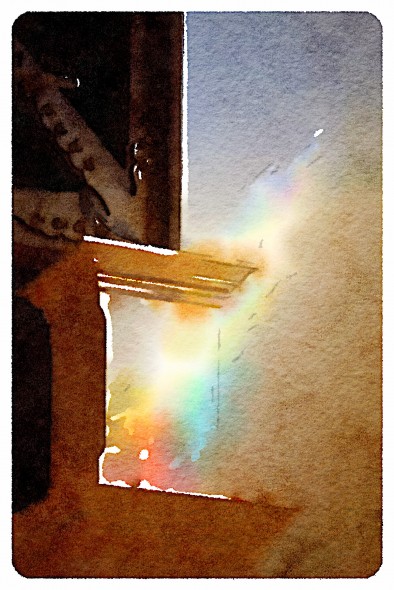 But when I receive those ashes tomorrow night — when I read and hear the familiar words, “From dust you were created, to dust you shall return. Repent and believe the gospel” — I will be struggling not to dissolve in a very un-sturdy puddle.
But when I receive those ashes tomorrow night — when I read and hear the familiar words, “From dust you were created, to dust you shall return. Repent and believe the gospel” — I will be struggling not to dissolve in a very un-sturdy puddle.
Because this Lent, I am painfully aware of how very, very dusty I am. I find myself needing to ask for help, to let others do for me what I am oh-so-capable of doing for myself, thank-you-very-much. Because right now? I am feeling my limits, I am carrying my infirmities, I am feeling hemmed in and strung out and so, so tired.
I have learned how to be quite self-sufficient in my life. I can take care of myself (and several others) without too much difficulty most of the time. And that has led me to a very tricky place, a particularly painful bend in the road. I cannot do what I am used to doing. I simply cannot. These split-tears in the peroneus brevis tendon of my left foot have me hobbled, literally.*
I need to be still, not active. I need to move slowly, not quickly. I need to stay put.
And everything in me is resisting this reality, fighting against it with anger and discouragement and confusion.
And I.AM.STUCK.
Whether I like it or not — and I most assuredly do not! — I cannot be self-sufficient for a while. So I am being forced to look at this idol of mine, full frontal, and it is not a pretty sight.
For too many years, I have relied on my sturdy constitution, a moderately good mind and my natural interest in caring for others to distract me from the truth: I cannot do this life on my own. I need other people to help me through and most of all, I need to acknowledge that God is God and I am not.
So as Lent unfolds, I will be searching my heart, opening the closets of my soul, and blowing the dust out of the corners of my mind in an attempt to get my priorities straight.
The idol of self-sufficiency has got to go.
What is being asked of you for Lent this year?
*And I may very well be facing into surgery and a long recovery. Your prayers would be appreciated.
Joining this with Michelle, Jen, Jennifer, Laura.



